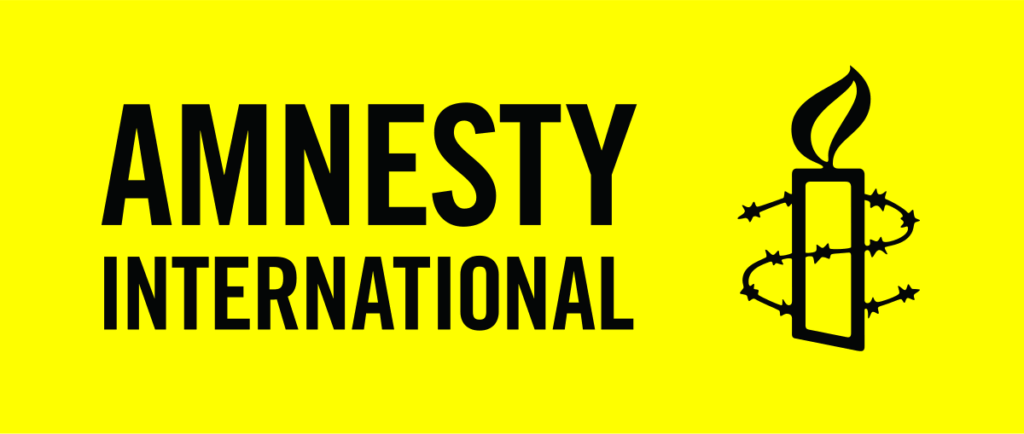By Jan Rehaag

At a press conference in April, Amnesty International unveiled its annual State of the World’s Human Rights report, which analyses the human rights situation across 150 countries. The NGO warns that human rights are under threat from multiple fronts worldwide. In Belgium, repression against pro-Palestinian protestors and restrictions on the right to protest are the main areas of concern.
During the press conference, Amnesty International’s secretary general, Agnès Callamard, called the global state of human rights “beyond alarming.”
“Today, Amnesty International issues its strongest warning ever,” Callamard said.
In the report, she described the global development of human rights as “a nightmare that began in slow motion,” and condemned the rise of authoritarian practices, the erosion of freedom of expression, and deepening global inequality in recent years.
“We are not thrust to this cliff edge merely by 100 days of president Trump. […] A much longer descent led us here, made up of a toxic mixture of destruction of our rule-based international system and the intensification and globalisation of authoritarian practices, including on this continent. […] The world must wake up to this reality now, or else this historic juncture will mutate into historic devastation,” she warned.
According to the secretary general, the most pressing human rights violations include Israel’s genocide against Palestinians, the war in Ukraine, as well as the situation in Myanmar, Sudan, the Democratic Republic of Congo and Afghanistan.
In Belgium, challenges to freedom of expression and human rights remain concerning for the organisation. Amnesty particularly criticised repression against pro-Palestinian protestors, and restrictions on the right to protest, while positive developments include the halt of arms sales to Israel and progress in the fight against sexual violence.
Freedom of expression and right to protest
Amnesty International warned that a new criminal code, which was approved by the Belgian parliament in February last year, threatens freedom of expression. The code will enter into force in April 2026 and criminalises “the malicious undermining of the authority of the State”, as it reads in the new Article 547 of the Penal Code. It was criticised by NGOs and other organisations for its imprecise wording, which could enable the Belgian state to “penalise peaceful acts,” Amnesty noted in an earlier publication.
The organisation also sees threats to the right to protest, as public gatherings in Belgium, like protests, need to be authorised by municipalities beforehand.
The report also mentions the example of a peaceful pro-Palestinian protest near the Israeli embassy in Brussels, which was forcefully dissolved in May 2024, as no official permission had been issued before. This poses a “disproportionate restriction of the right to protest,” Amnesty stated.
Protestors supporting Palestine further faced “increasing repression” by Belgian authorities, the NGO pointed out. This became evident when activists were criminally investigated for belonging to a group that “incites segregation and racism,” after occupying a university building in Brussels to protest the war in Gaza.
Amnesty sees the decision of the Walloon parliament to halt military exports to Israel as a positive development, but they argue that arms exports to the United Arab Emirates remain untenable because of the human rights situation in the country.
Migrants’ and detainees’ rights
Another point of criticism in the report is the failure of the Belgian state to address the homelessness crisis concerning migrants, with many asylum seekers not having adequate access to housing.
Belgian prisons, on the other hand, grapple with overcrowding, crumbling facilities, and a lack of medical infrastructure, the group alerted. However, progress has been made in addressing torture through the inception of new legislation in April 2024.
The report also welcomes a new law, which aims to provide more assistance to victims of sexual violence by supporting care centres for those affected and improving collaboration between institutions. It also notes that access to abortion services remains insufficient, with Amnesty International criticising political parties for blocking steps to comply with the 2022 WHO abortion care guideline.
While the report sounds the alarm bells for the development of human rights worldwide, Amnesty International’s director of the Belgian francophone section, Carine Thibaut, ends the press conference with a call to action: “Obviously, we didn’t come with good news, but there is hope, and governments have the possibility to act against what’s going on.”
